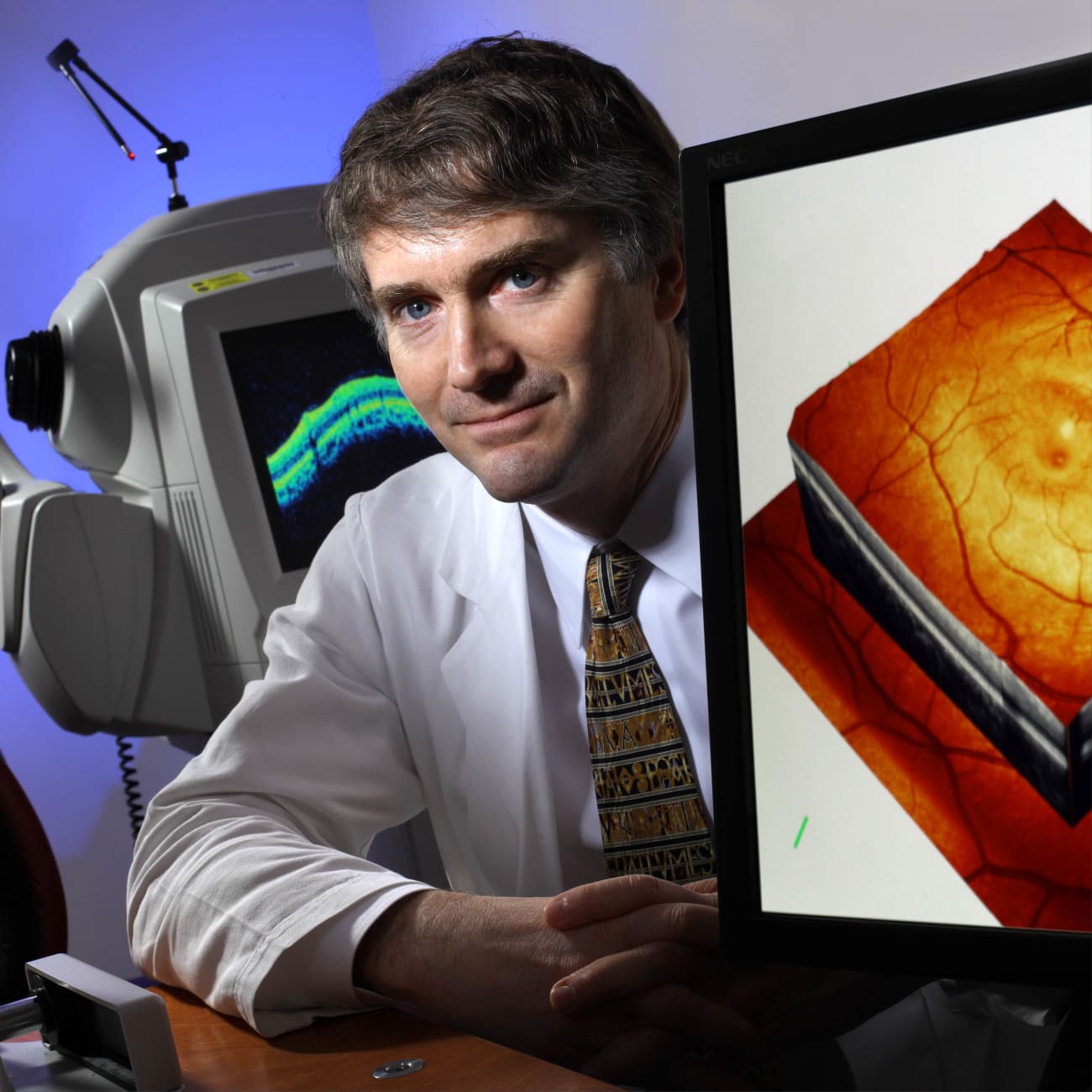

NeuroLogic
December 1, 2017
When Johns Hopkins neurologist Ellen Mowry was beginning her fellowship in 2007, she already knew about the possible link between vitamin D and multiple sclerosis (MS). A study that came out around that time connected low vitamin D levels in U.S. military members with a higher risk of MS. Those findings supported previous observations that MS prevalence is higher the farther populations live from the equator, where sunlight exposure is lower, resulting in lower vitamin levels. 
- Ellen Mowry
Today, she and her colleagues at the Johns Hopkins Multiple Sclerosis Center have strengthened the understanding of the relationship between vitamin D and MS and use these findings to improve patient care.
In a recent talk at the Americas Committee for Treatment and Research in Multiple Sclerosis 2017 meeting, she presented an overview of research in this area led by herself and colleagues at other institutions. These include work that Mowry and her team published in 2010 showing that children with pediatric-onset MS who had low blood concentrations of vitamin D levels are more likely to experience relapses than those with higher levels of this vitamin. Later research showed that low circulating vitamin D is associated with more areas of demyelination revealed by MRI.
She also collaborated with MS Center Director Peter Calabresi on a study he led to understand how differences in vitamin D supplementation dose might affect patients’ immune regulation. The findings of that 2015 study show that patients on a higher dose of vitamin D experienced beneficial immunomodulatory effects, which could in turn lead to better outcomes for this autoimmune disease.
She’s currently leading the VIDAMS (Vitamin D to Ameliorate MS) trial, a multicenter effort to understand how vitamin D supplementation, along with a standard MS drug, might affect MS progression.
Says Mowry, “By developing a better understanding of how vitamin D is important in this disease process, it could lead us to identify new targets that could offer a whole new way of treating this disease.”
To refer a patient, call 410-614-1522
Precision Medicine Center of Excellence in MS
Providing the best care means not only helping current patients, says Peter Calabresi, director of the Johns Hopkins Multiple Sclerosis Center, but future ones as well. That’s why he and Ellen Mowry recently launched the Precision Medicine Center of Excellence in MS, an effort that not only aims to tailor MS treatments to a patient’s specific presentation of the disease, but also to collect data from patient volunteers to help improve disease understanding—a step that could eventually lead to better treatments.
The Precision Medicine Center, which started in March of this year, has already collected a variety of information from patients, including blood samples that have yielded hundreds of different metabolites that could shed light on immune function, and stool samples that could help researchers understand the role of the microbiome in MS.
“We’ve come a long way with MS in the past couple of decades,” Calabresi says. “This center will help us go even further.”


